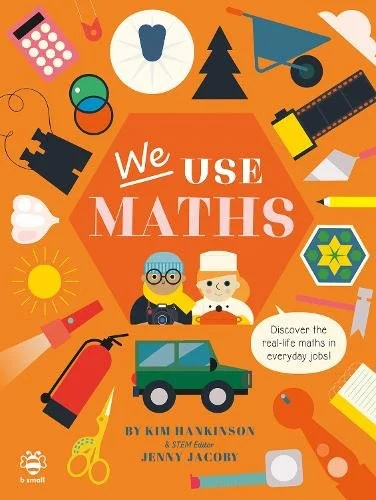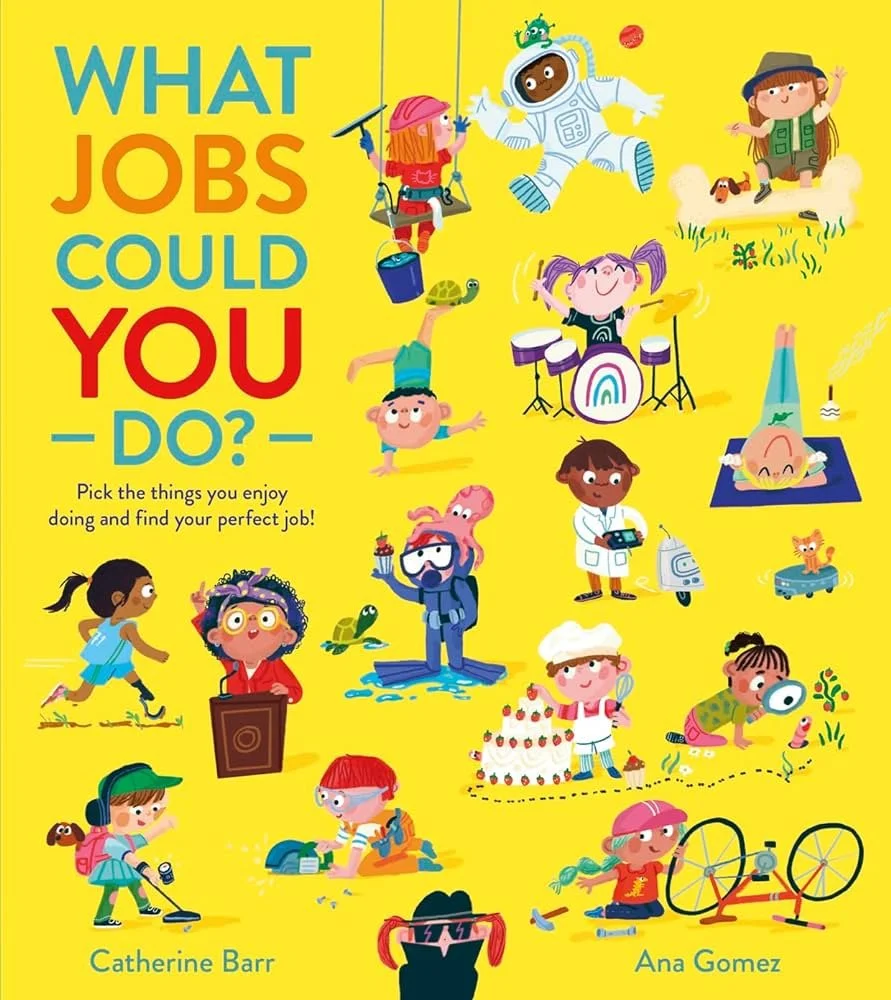Maths
at Netherton
At Netherton Infant and Nursery school children are taught to become competent mathematicians. We believe all pupils can enjoy Maths and be successful.
The “mastery” approach is embedded through school; pupils develop a deep understanding of concepts being taught that they can then apply in unfamiliar situations. All pupils work together on the same lesson supported by teachers and teaching assistants who are adept at questioning and representing learning in different ways in order to develop mathematical understanding.
We believe that it is important to recognise Maths in the wider world and how Maths skills, concepts and knowledge are applicable in their own lives. We encourage this approach through “Maths in Action” homework and projects, through links to real life Maths during lessons and within displays around school. Achievement in Maths is recognised each week during our Proud assembly when a weekly “Maths Wizard” is chosen and celebrated.
-
Lessons are coherently planned, build on prior learning and gradually unfold a concept. Children work with concrete materials to fully embed and understand concepts being taught. They produce their own pictorial representations to help them understand and make links to the abstract.
Children become mathematical thinkers, they talk about what they are doing, how they know something, how they work something out. They use their reasoning skills and are able to explain their thinking (e.g. I know that….so……… ). They learn key vocabulary and practice precise mathematical language when discussing their learning with their peers and teachers.
Children learn to recall key facts quickly and efficiently such as number bonds and times tables. They can then use this knowledge and apply it when working on new concepts and learning. In turn, this reduces cognitive overload as they have a store of basic knowledge and facts that they can speedily draw upon. Variation is also key to our approach – presenting new concepts and learning in a range of ways using both concrete equipment and visual representations such as bar models, part whole models, tens frames and number lines. Maths lessons throughout school focus on fluency, reasoning and problem solving and these strands are often developed together.
Children in Early Years begin to explore numbers, patterns, shapes, and measures. They learn about mathematical concepts such as subitising and cardinality, they develop their noticing skills and interest in the world around them. They use their maths practically in areas across the Foundation Stage both indoors and outdoors. As a staff team we have undertaken training with Karen Wilding (EY Maths) and this ethos and approach is embedded through school in order to gain a deep and secure understanding and “number sense”.
We utilise the “White Rose” Maths scheme but plan a bespoke order of units, which allows for flexibility and best suits the needs of our children. We also draw upon a wide range of resources and bespoke activities as appropriate. Children in Key Stage One also work on a fluency Computing program called “Num Bots” which they can also access at home with support from their parents.
Key documents
Whole school maths training.
We’re on our EYMaths journey this year…
Bringing Number to Life in EYFS and Keystage 1: click here for a useful handout about how we teach maths in the early years.
Bringing Number to Life in EYFS and Keystage 1: click here for a useful handout about how we teach maths in the early years.
A few of our favourite books in Maths






